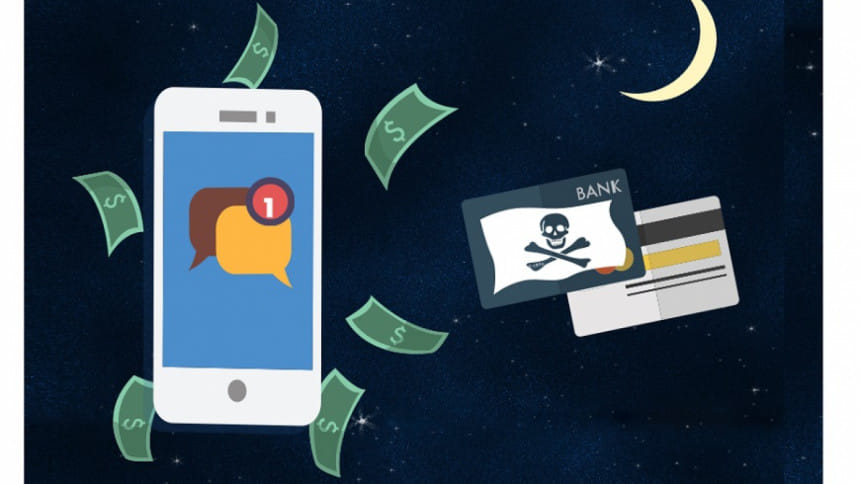Digital Fraud: Tips to tackle

EID is right around the corner and everyone has their shopping gears on. To make your EID shopping experience better and safe, we did a fair bit of digging and found out what can go wrong if you are not in the know. Following this are a few tips that will keep you from unwillingly sharing your money with strangers.
Share your credit card number? No thanks!
You have to be very careful when you provide anyone or any site with your credit card details. Random links to deals that are too good to be true, probably are.. These sites often steal your credit card details and will clear out your account before you can even make a phone call to shut your card off.
Before you proceed to buy anything from an e-commerce site, check the user feedback and try to find if that site is real or not, if you can't find any reviews that seem legible enough, giving them your credit card details is a bad idea. You should also refrain from providing credit card numbers to someone over the phone.
Free internet may not be secure internet
When making transactions online, always use your private computer instead of a public one and stay away from public WiFi. Public PCs often have Keyloggers installed to create a log of your keystrokes and then send them over the internet to a pre-programmed address. Keyloggers are getting more intelligent day by day and will record what you type only when you browse sites that involve transactions which lead to stealing your credit card details through your keystrokes.
While using mobile financial services to transfer money from one account to another, it's very important to get the account type and details right. And while conducting your transactions, always check the balance before and after the transaction as this keeps a clear track of the money that has been moved.
You've received unknown riches. Give some back?
Since mobile banking services rely on text messages to notify you about transactions made from your account, sometimes fake text messages and a phone call might claim that money has been transferred to your account by mistake. Now, while this is not unlikely to happen, do check your balance before you return the amount because it might be a trap.
Ps. It's a trap.

 For all latest news, follow The Daily Star's Google News channel.
For all latest news, follow The Daily Star's Google News channel. 



Comments